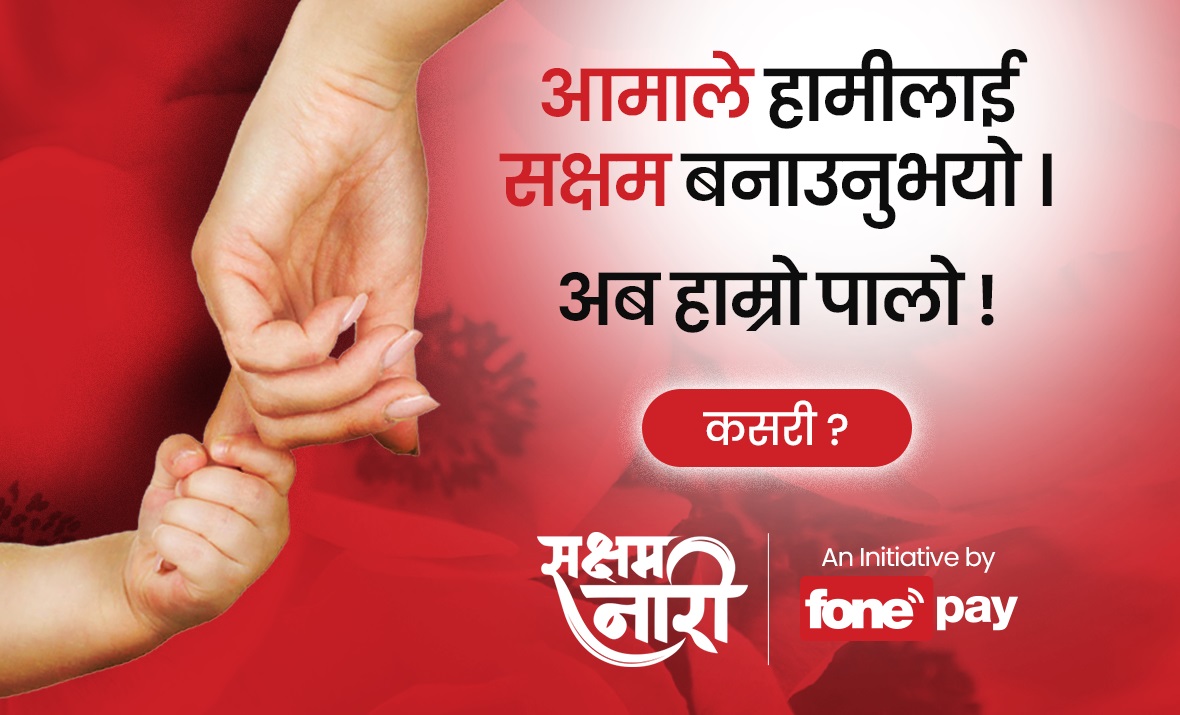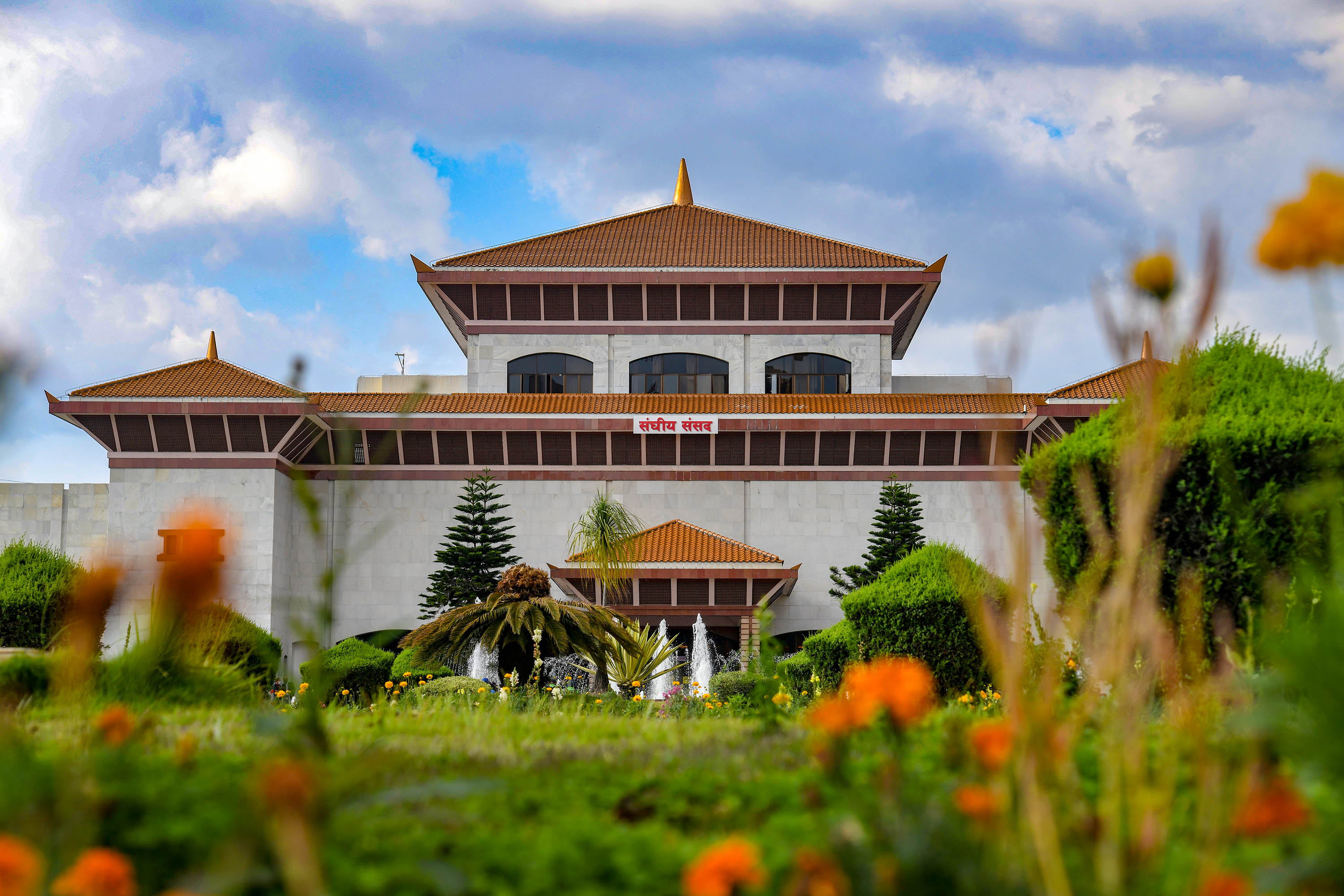Public transportation and the right to life
We use Google Cloud Translation Services. Google requires we provide the following disclaimer relating to use of this service:
This service may contain translations powered by Google. Google disclaims all warranties related to the translations, expressed or implied, including any warranties of accuracy, reliability, and any implied warranties of merchantability, fitness for a particular purpose, and noninfringement.

Public transport is an effective management system by the state through means of transport for citizens to move easily from one place to another. Public transport is closely related to the country's economy, overall development, peace and order and prosperity. Public transport is the lifeblood of public administration.



Regarding Nepal, long and short distance public transport is in operation. Both private and public vehicles are in use for public transport. If the management of public transport can be good, professionals and businessmen of almost all sectors feel easy access to work area between their work pressure and busy daily life. The effectiveness of the public transport service system is directly linked to the daily life, well-being and happiness of citizens.
Means of transport must operate as prescribed based on a fixed schedule. By doing so, the confusion of reaching the destination to the common citizen will be removed and public trust in public services will increase. Public transport can become more reliable by identifying itself as a reliable, safe and sustainable service. Therefore, it is very necessary to make such transportation easy, accessible and citizen-friendly.
In the government's annual plan, program and budget, the issue of public vehicle operation and management does not seem to be prioritized as expected. Developed countries invest heavily in managing this sector and the citizens also feel it directly. In countries where the transport system is well organized, the use of private motorbikes and cars is not promoted or given priority. Special importance is given to the use of large vehicles in public transport. In Nepal, the number of small vehicles is increasing in the name of high use of private motorcycles and cars, high status and providing facilities according to the position. Therefore, citizens are suffering from problems such as urban roads being very busy, traffic jam management being difficult, not being able to reach their destination on time. On the one hand, even in public bodies, the practice of promoting the purchase of small vehicles and motorcycles in the name of convenience and convenience according to official responsibilities and status continues. On the other hand, even though the risk is high, it is clear that the large investment of the cooperative is at risk due to the flow of loans from cooperatives and financial institutions in unproductive sectors including the purchase of private vehicles.
Especially pregnant, sick, disabled, persons with disabilities and senior citizens complain that public transportation is not easily accessible. It is seen that the citizens are feeling extremely comfortable to use public transport to go to hospitals, shopping centers and other places on a regular basis. Efforts made in the field of transportation management should be fine-tuned and necessary reforms should not be delayed.
On the one hand, with the development and expansion of the city, the number of vehicles is also increasing, on the other hand, the need for large vehicles has increased due to the increase in the number of small vehicles. It is an irony for a civilized society that people have to travel by hanging on micro buses and tampos and face many forms of abuse. Due to the lack of public transport, it is mandatory to travel by motorcycle and scooter in the rainy season and in the cold during the winter. Due to the increase in traffic congestion and environment pollution, traffic jams for hours on the roads, premature death of some people due to accidents, billions of expenses for the treatment of the injured and the increase in the number of disabled people affected by accidents are also having a serious impact on the economy of the state. We have the bitter reality that not only traffic and safety management of high-ranking people, road accidents, but also traffic management works become chaotic for hours due to protests, processions, demonstrations, etc.
People's important right to live is being lost due to road accidents that happen every day in Nepal. In the report of Nepal Police for the year 2021-2022, there is data that 2 thousand 883 people died in road accidents and 7 thousand 282 people were seriously injured. Ambulances carrying pregnant women, pregnant women, injured and sick people in need of emergency treatment or emergency service vehicles carrying oxygen and transporting medicine. In some cases, there are many cases of material and human damage due to the smooth movement of the road being affected. If public transportation is safe, dignified, reliable and accessible to everyone, such incidents would not happen!
There is no proper management of sewage in the city, maintenance is not done on time in the damaged areas of long-distance highways, narrow and unpaved roads, footpaths, increasing congestion, lack of skilled manpower, etc. have added to the challenges of public vehicle management. Some people's representatives who consider digging roads with dozers as development and businessmen who aim to make quick profit are forced to risk their lives on unpaved roads and drive vehicles in a risky manner. Drivers have the bitter experience of having to risk their lives and work in the work area due to lack of good education, engine malfunctions due to failure to maintain them on time and even being injured in fateful accidents. Their complaint is that due to the fact that the vehicles cannot be equipped with CCTV cameras and other technologies, even during the investigation and investigation of accidents, there is a situation of doubting the impartiality in some cases. Uncertainty of journey to
destination and untimely death are traumatic in themselves. There should be no delay in taking the right steps by the state to end the painful situation in which citizens lose their lives indiscriminately due to accidents due to negligence and recklessness. Proactiveness, responsibility and accountability of state mechanisms can prevent potential accidents. There is a need for honest efforts to identify where the weaknesses are and solve them as soon as possible.
Businessmen working in the field of public transport operations, people from the related fields say that with the process of emigration of young people, there is a shortage of drivers and co-drivers. It is very important to be responsible and sensitive to the potential danger, as the responsibility given in the case of not mastering the ability of drivers can lead to hundreds of deaths at the hands of one driver. Due to the tendency of skilled manpower to migrate abroad and the forced assignment of work to unskilled manpower, there is an increase in traffic accidents. The state needs to think seriously about this situation. Due to the situation where the businessmen have to bear huge expenses in the fields of treatment, relief and compensation of the injured due to the accident, some of their businesses have been crippled. According to experts in the related field, it is necessary to escape from the business that has been continuing for years or to continue working in despair.
Most of the co-drivers are accepted by businessmen who are brought into the transport sector without competence. They say that since there is no skilled manpower, they have to teach them to work as much as possible, so the service cannot be of the expected quality. On the one hand, the drivers and co-drivers say that in some cases they are not treated properly with the passengers because they have to work under physical and mental stress due to not being able to arrange meals on time. On the other hand, when passengers do not keep information about the real situation of their daily life, even in the smallest actions, it is seen that the situation is created.
Driving a vehicle on busy roads is a challenging task in itself. Also, due to lack of proper environment, drivers and co-drivers seem to be under increasing stress. Driving on long stretches of unpaved roads with only sporadic traffic is even more dangerous during the rainy season. The drivers themselves and the citizens complain that the local government is also oblivious to the need to carry more passengers than the capacity of the vehicle during the festive season.
The fact that the road development works could not be accelerated for many years, the passengers and the drivers have to face the harassment and suffering. Due to non-adherence of appropriate methods and procedures at scheduled times, dust and increased pollution have long-term effects on the health of those involved in the journey. As the number of amputees due to accidents is increasing day by day, the responsibility of the state is becoming more burdensome as the manpower of the state becomes inactive.
There should be no delay in taking initiatives from the relevant sectors to make public transport sustainable, reliable, dignified and safe. Manpower planning of drivers and co-drivers, state policy should be aimed at security of their services. Initiatives should be initiated to manage a reliable information system to inform about the condition of roads, to prioritize the maintenance of damaged roads, to establish trauma care centers on highways and arrange for early treatment of the injured. An arrangement can be made to start improvement by keeping a complaint box, measure the learning condition or ability of drivers to drive vehicles, review it and make necessary improvements. To avoid accidents as much as possible and to pay attention to quick rescue, relief and treatment in case of accidents, it is necessary to study and investigate the causes of accidents by experts and experts and start appropriate improvement efforts.
Similarly, there is a need for passenger-friendly driving education in drivers and co-drivers. Therefore, the state should be able to invest appropriately in the operation and management of such driving schools. In general, the expectation of common citizens from public transport is easy and safe travel. In order to make public transportation reliable, businessmen, stakeholders and the state have an equal responsibility.
प्रकाशित : चैत्र १, २०८० ०८:४२

 १८.१२°C काठमाडौं
१८.१२°C काठमाडौं














